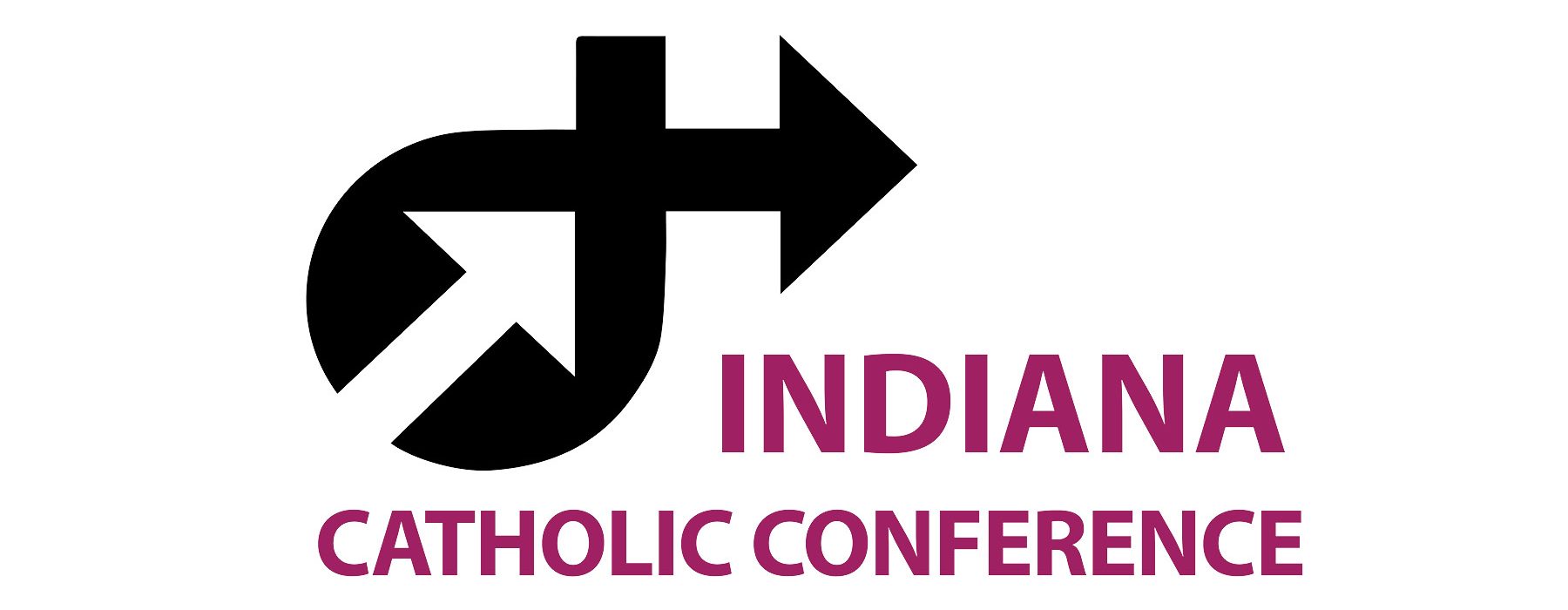February 14, 2024 // National
Legislation to Protect Children from Online Pornography
At the halfway point of the 2024 legislative session, a bill aimed at restricting minors from accessing online pornography is among the measures gaining momentum at the Statehouse.
Senate Bill 17, authored by Senator Mike Bohacek, passed the Senate in a near-unanimous vote and is now under consideration in the House. If the measure ultimately becomes law, Indiana would join eight other states in requiring pornography sites to use a robust age verification system to operate in the state.
“Today, kids carry the internet in their pocket,” Bohacek said. “We’ve got kids who are seeing extremely graphic sexual content before they even go to their first eighth grade dance.”
Similar to legislation now under review in nine additional states, Senate Bill 17 would require age checks to ensure users on adult sites are at least 18 years old – typically using a driver’s license or other form of identification.
“This is about regulating a new space, but it’s not a new idea,” Bohacek said. “You can’t go and buy a pack of cigarettes without showing an ID. You can’t go into a strip bar without showing an ID. And yet anyone can access almost anything online. It’s desensitizing people, and it’s extremely damaging to children.”
Among the advocates supporting Senate Bill 17 is the Indiana Catholic Conference (ICC), the public policy voice of the Catholic Church in Indiana. Its Executive Director, Angela Espada, can attest to the harm that easy access to online pornography can inflict on young people.
In a prior role as a deputy prosecutor in the Marion County Prosecutor sex crimes division, Espada saw numerous instances in which pornography was used as tool to desensitize young victims.
“We know that grooming can occur in a variety of different ways,” Espada said. “It can begin with an individual – often a trusted individual – saying or doing things that are inappropriate. I prosecuted many cases where children had been victimized, and especially in situations involving a trusted individual, one of the devices used was exposing them to drugs, alcohol, and pornography.”
Espada noted that in states where robust age verification systems are already in place, pornography sites have shut down access to their services.
The Indiana General Assembly recently reached what is known as crossover – the midway point of the session, when bills that are still active move from one legislative chamber to the other. With its 44-1 vote on the Senate floor, Senate Bill 17 moved to the House and now awaits further action under the sponsorship of Representative Joanna King.
“We’re expecting that there’s going to be a lot of support in the House,” said Alexander Mingus, Associate Director of the ICC. “It’s heartening to see this and other efforts across the country, and it being a truly bipartisan priority.”
These legislative efforts at the state level coincide with the U.S. Congress considering federal action to better protect children online. They also come at a time when the Catholic Church and society as a whole grapple with the harm caused by the ready availability of online pornography for children as well as adults.
In a letter to Congress last summer, officials with the U.S. Conference of Catholic Bishops urged lawmakers to take stronger measures to protect young people online. The bishops cited a study revealing that 15 percent of children report having first viewed online pornography – either accidentally or intentionally – when they were 10 or younger. By the time they are 13, a majority report having been exposed to it.
“Young people born in the digital age have grown up immersed in media and the internet and often are savvier at navigating this world than their parents,” the bishops wrote. “Being exposed to pornography can be traumatic for children and youth. Seeing it steals their innocence and gives them a distorted image of sexuality, relationships, and men and women, which may then affect their behavior, including addiction to pornography.”
The officials also called on Congress to take steps to protect children from the harms of social media. Just weeks ago, Big Tech leaders including Meta’s Mark Zuckerberg faced lawmakers on Capitol Hill in a hearing focused on online child exploitation.
In Indiana, numerous bills aimed at protecting children online and from the harms of social media were introduced in this legislative session, but only Senate Bill 17 is moving forward.
Children’s widespread use of social media platforms and other technology poses countless dangers, according to Theresa Chamblee, Director of Social Concerns for the office of Catholic Charities in the Archdiocese of Indianapolis.
“Pornography is readily
available on social media sites,” Chamblee said. “This is not a matter of children searching for pornography. It’s a matter of pornography finding them through pop-up advertisements, videos, and pictures shared via social messaging sites, and misleading tactics used by groomers to lure someone to a pornographic video or image.”
Two years ago, Chamblee’s office added an anti-trafficking ministry. In numerous presentations to parents and schools, Chamblee educates her audiences about the link between pornography and human trafficking.
“Trafficking happens everywhere, and it’s happening in plain sight,” Chamblee said. “Traffickers will use pornography to normalize violent sexual behavior, to promote hyper-sexuality, and to encourage addictions to porn. Because of the incredibly easy access to pornography via social media and gaming apps, porn has become the readily available sex education for our youth that can be accessed at any time.”
Senate Bill 17 could potentially see additions that address social media, Bohacek said. The northern Indiana lawmaker expressed hope that the measure will move forward with bipartisan support in the House.
“I feel very confident,” said Bohacek, a member of Notre Dame Parish in Michigan City. “I’ve got a great sponsor, and there are a lot of folks really engaged in this effort.”
The best news. Delivered to your inbox.
Subscribe to our mailing list today.






